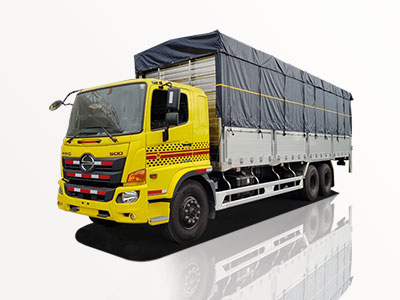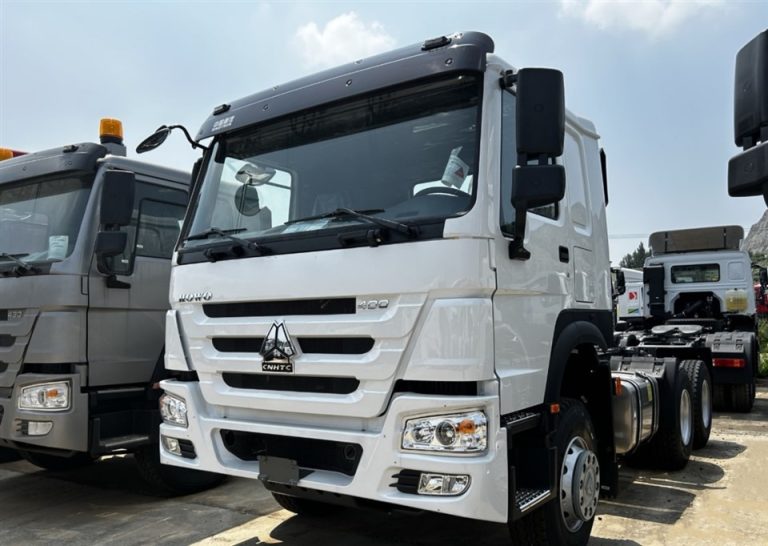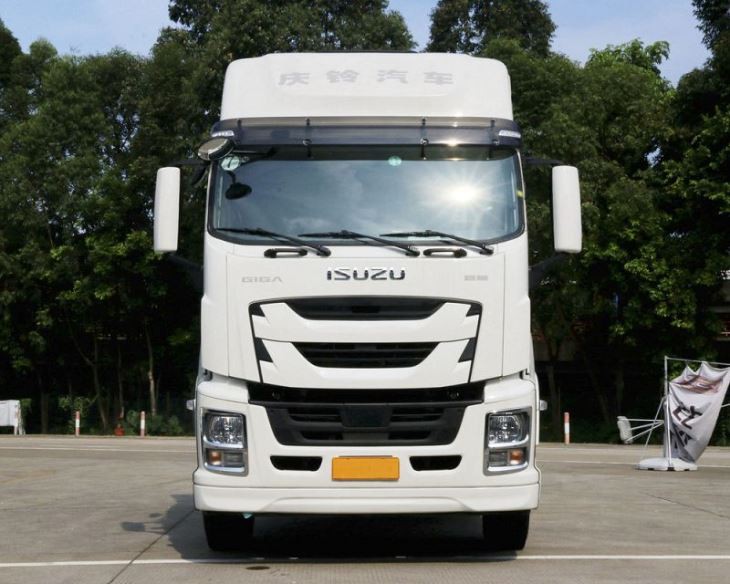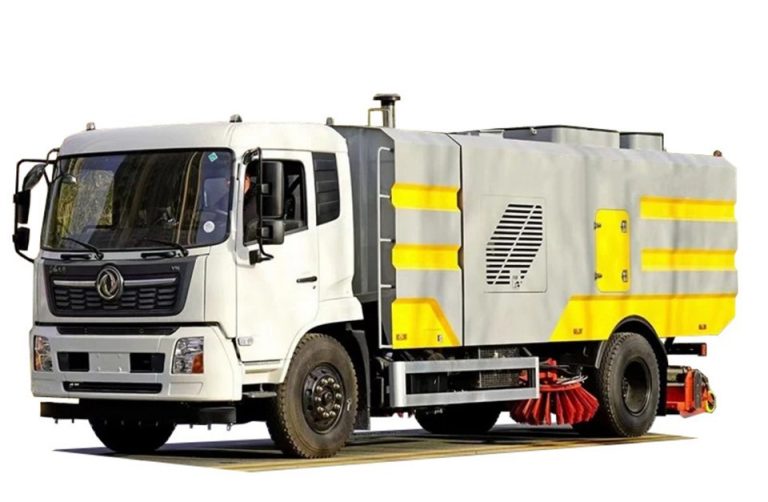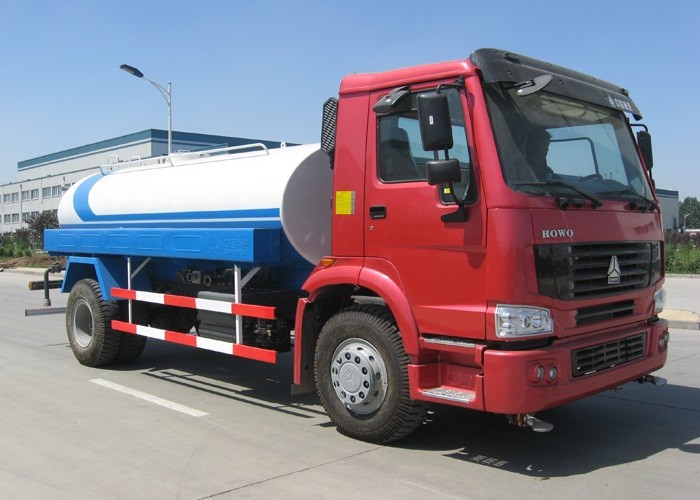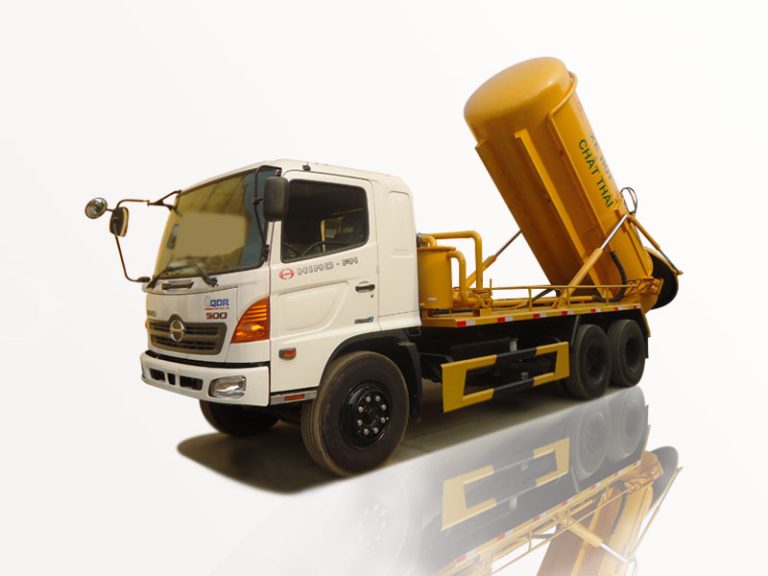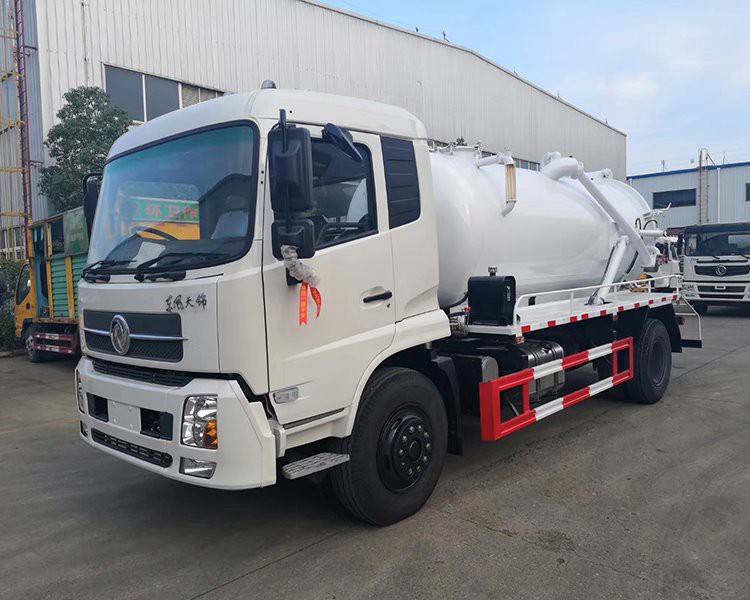Reefer trailers, also known as refrigerated trailers, play a crucial role in the transportation of temperature-sensitive goods. With the growing demand for fresh produce, pharmaceuticals, and other perishable items, the need for reliable reefer trailers has never been more important. In this article, we’ll delve into the world of reefer trailer manufacturers, exploring what to look for, the latest technologies, and key players in the industry.
Understanding Reefer Trailers
What is a Reefer Trailer?
A reefer trailer is a type of truck trailer designed to transport perishable goods. These trailers are equipped with a refrigeration unit that maintains the interior temperature, ensuring that the cargo remains fresh and safe during transit. Reefer trailers can be found in various sizes and configurations, catering to a wide range of industries.
How Reefer Trailers Work
The refrigeration system in a reefer trailer typically consists of a compressor, condenser, and evaporator. The system circulates refrigerant to maintain a consistent temperature inside the trailer. Most reefer trailers can operate in a temperature range of -20°F to 70°F, depending on the cargo requirements.
Benefits of Using Reefer Trailers
Preservation of Goods
One of the most significant advantages of reefer trailers is their ability to preserve the quality of temperature-sensitive goods. This is crucial for industries such as food and pharmaceuticals, where spoilage can result in financial losses and safety concerns.
Extended Shelf Life
Reefer trailers also help in extending the shelf life of products. By maintaining optimal temperatures, these trailers minimize the risk of spoilage while allowing goods to be transported over long distances without compromising quality.
Flexibility in Transportation
With a variety of sizes and configurations, reefer trailers offer flexibility in transportation solutions. Companies can choose the size that best fits their needs, whether they are transporting small quantities of goods or a full load.
Key Features to Look for in Reefer Trailers
Insulation Quality
High-quality insulation is essential for maintaining thermal efficiency. Look for trailers with multi-layer insulation that can reduce heat transfer and minimize energy consumption.
Refrigeration Unit Efficiency
The efficiency of the refrigeration unit plays a significant role in operational costs. Choose trailers equipped with energy-efficient refrigeration systems that utilize advanced technology to reduce fuel consumption without sacrificing performance.
Durability and Build Quality
Reefer trailers are exposed to harsh conditions, so build quality is vital. Look for trailers constructed from high-quality materials that can withstand the rigors of transportation.
Temperature Control Systems
Advanced temperature control systems allow operators to monitor and adjust conditions easily. Look for trailers equipped with digital displays and remote monitoring capabilities.
Leading Reefer Trailer Manufacturers
Thermo King
Thermo King is a global leader in transport temperature control systems. Known for their reliability and innovation, their reefer trailers come equipped with cutting-edge refrigeration technology.
Carrier Transicold specializes in the development of refrigeration equipment for trucks and trailers. Their focus on sustainability and energy efficiency makes them a preferred choice for many companies.
Utility Trailers
Utility Trailers is one of North America’s largest manufacturers of reefer trailers. They offer a wide range of options tailored to various industries, including food and pharmaceutical sectors.
Great Dane Trailers
Founded in 1900, Great Dane Trailers is known for its durable and reliable reefer trailers. They offer an extensive selection of models, allowing customers to find the perfect trailer for their needs.
Wabash National
Wabash National is noted for its innovation in trailer manufacturing. They offer a robust line of reefer trailers designed to maximize space and energy efficiency.
The Manufacturing Process of Reefer Trailers
Research and Development
The manufacturing of reefer trailers begins with research and development, where companies identify consumer needs and innovative technologies that can be integrated into their products.
Design and Prototyping
Once research is complete, engineers create detailed designs and prototypes. This phase is crucial for testing various aspects of the trailers, including insulation and refrigeration capabilities.
Material Selection
Manufacturers select high-quality materials to ensure durability and performance. Common materials include aluminum, fiberglass, and advanced composite materials.
Assembly Line Production
The assembly of reefer trailers typically occurs on a production line. Skilled workers and machines collaborate to assemble components precisely to maintain quality control.
Quality Assurance Testing
Before trailers leave the factory, they undergo rigorous quality assurance testing. This includes checking insulation performance, refrigeration unit functionality, and overall build quality.
Practical Examples of Reefer Trailer Uses
Food Distribution
Reefer trailers are essential in the food distribution industry. For example, grocery chains utilize these trailers to transport fresh fruits, vegetables, meats, and dairy products to various locations, ensuring quality and freshness.
Pharmaceutical Transport
Pharmaceutical companies rely on reefer trailers to transport medications that require strict temperature controls. An example is transporting vaccines, which must be kept at specific temperatures to maintain efficacy.
Floral and Plant Shipping
Florists and landscape companies use reefer trailers to transport perishable flowers and plants. Keeping them at the right temperature helps to maintain their quality during transportation.
Maintenance Tips for Reefer Trailers
Regular Inspections
Conduct regular inspections of the trailer’s insulation, refrigeration unit, and overall condition. This helps identify potential issues before they escalate.
Temperature Monitoring
Utilize temperature monitoring systems to track the internal conditions of the trailer constantly. Consider investing in remote monitoring solutions for real-time updates.
Cleaning and Sanitizing
Regular cleaning and sanitization are crucial to prevent contamination of cargo. Ensure that the interior surfaces are free from debris and biohazardous materials.
Future Trends in Reefer Trailer Manufacturing
Increased Automation
The future of reefer trailer manufacturing is moving towards automation. Manufacturers are exploring automated systems for assembly and quality control to enhance efficiency.
Smart Technology Integration
Smart technology is on the rise, with manufacturers incorporating IoT devices for tracking and monitoring conditions in real time. This technology enables better decision-making and enhances supply chain transparency.
Sustainable Practices
| Trend | Description |
|---|---|
| Eco-friendly Materials | Use of recyclable materials in manufacturing for reducing environmental impact. |
| Energy-efficient Refrigeration | Innovations aimed at reducing energy consumption in cooling systems. |
FAQ Section
What is the average lifespan of a reefer trailer?
The average lifespan of a reefer trailer is about 10 to 15 years, depending on usage and maintenance practices.
Can you haul dry goods in a reefer trailer?
Yes, reefer trailers can be used to haul dry goods, but it is crucial to ensure that the trailer is properly cleaned to avoid contamination.
How often should I service my reefer trailer?
Regular servicing is recommended every 6 months, or as specified by the manufacturer, to ensure optimal performance and longevity.
Are there specific temperature requirements for different types of goods?
Yes, different goods have specific temperature requirements. For example, frozen goods typically require temperatures around -10°F to -20°F, while fresh produce may need to be kept between 32°F and 50°F.
What are the common issues with reefer trailers?
Common issues include improper temperature control, refrigeration unit failures, and insulation deterioration. Regular maintenance can help mitigate these problems.
How do I choose the right reefer trailer for my needs?
Consider factors such as cargo type, size, required temperature range, and budget. Assess your specific needs and compare trailers from different manufacturers to make an informed decision.
